Sounds of Sundanese Street Musicians, Pt. 1: Busking on the Fringes of Bandung
Location: Taman Hutan Raya, Bandung, West Java
Sound: Pop Sunda/Musik Jalanan (lit. Street music)
In Indonesia, sometimes you follow the music, and sometimes the music follows you. As I've previously discussed in my post detailing siter music in Central Java, the practice of busking takes quite a different form here as compared to the West - while Western buskers pick a spot in a well-trafficked public area and hope to catch the attention of passersby, Indonesian buskers make money on the move. These musicians usually work by roaming from warung to warung, playing a snippet of a song and then offering around a hat a plastic cup to the discretely disgruntled diners, who usually cough up a few hundred rupiah just to get the riff raff out of their hair. Because of this technique, street musicians (or pengamen in Indonesian) have no particular imperative to be good - in fact, as I mentioned in my previous post, their technique is often to be so bad as to make their audience bribe them to go away. This leads to countless punks half-heartedly strumming Oasis songs on painfully untuned guitars and old beggar men walking from car to car at red lights, repeating the same sad, flat suling riff to each window.
Nonetheless, there are gems in the world of Indonesian street music. While cities like Jogja are more famous for the variety and nostalgia of their street music (keroncong groups and traditional instruments like siter are more likely to be found there), Bandung still has its occasional diamond in the rough, from surprisingly virtuosic violin and guitar players playing weirdly countrified duets to roving dangdut duos with electric guitar and handmade portable kendang, sometimes made from PVC pipe and tire rubber.
Wherever a crowd is to be found, undoubtedly pengamen will follow, whether it's a warung, a traditional market, or a volcano. This recording was made in a large, forested park on the northern fringes of Bandung, which shows that this street music needn't be on the street at all - the only requirement is large crowds of people willing to be pleased or annoyed enough into letting go of some coins.
While street music can vary from Western ballads to dangdut, this particular musician opted to play something with some local flavor - a song from the pop Sunda repertoire. Pop Sunda is a form of popular music, sung in the Sundanese language, usually heavy on synthesizers and other Western instruments but maintaining Sundanese melodies and often featuring Sundanese kendang and synthesized versions of traditional instruments.
In this stripped down acoustic cover of a song by pop Sunda artist Doel Sumbang, the musician transforms the upbeat, synth-driven track (extolling the virtues of Sumedang, a small but well-known city to Bandung's east) into a slow, almost mournful piece. It's interesting to note how in it's acoustic setting, the guitar performs its own emulation of other musical forms - in the short melodic runs, the guitar sounds distinctly like a kecapi, the Sundanese zither, while in it's syncopated strumming, the nostalgic acoustic strumming of old time keroncong comes to mind. This clever street musician is clearly hitting his audience with something he knows they will respond to - nostalgia and ethnic pride.
Context:
Living on the northern outskirts of Bandung, it's comforting to know that peaceful, green respite is just a few minutes drive at any moment. One weekend a few months back, some friends and I decided to escape the traffic-clogged streets and head for the hills, hiking through the nearby pine forest and into the tourist favorite Taman Hutan Raya, a protected natural area popular with likeminded city folk looking for some fresh air and natural vibes.
As I wrote before, where there are crowds, buskers will follow, and on this day a few scrappy young men with even scrappier acoustic guitars were walking along the green paths of the park, approaching strolling groups and trying their luck. I'd wanted to start recording street music in Bandung for quite some time, but had always felt that the deafening environs and "play until they pay" technique of the musicians I usually encountered in the city never leant themselves towards an attempt. When I heard a musician playing this haunting, distinctively Sundanese song, I worked up the resolve to ask him to play it for me in full. After a short bemused conversation ("Where are you from? You like Sundanese music??"), he happily agreed.

